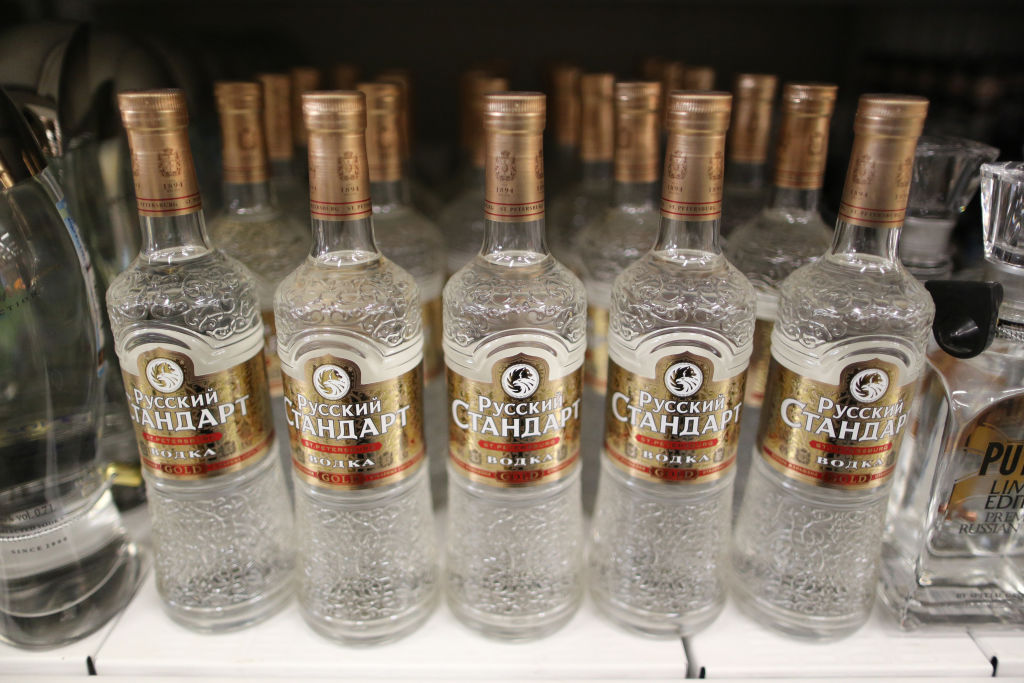Russians are dying in Ukraine because of alcohol abuse, U.K. intelligence service says


A free daily email with the biggest news stories of the day – and the best features from TheWeek.com
You are now subscribed
Your newsletter sign-up was successful
Numerous Russian troops have died in Ukraine from non-combat ailments such as alcoholism and improper training, the United Kingdom's Ministry of Defense said Sunday.
The ministry reported that new data from intelligence gathering suggests a "significant minority" of the 200,000 Russian deaths during the invasion of Ukraine have not come during combat. The ministry cited a Russian news channel report from March 27 that said there have been "'extremely high' numbers of incidents, crimes, and deaths linked to alcohol consumption among the deployed Russian forces."
Additional causes of death cited by the ministry include "poor weapon handling drills, road traffic accidents, and climatic injuries such as hypothermia." It was also noted that while Russian commanders likely try to stop alcohol abuse among their soldiers, "with heavy drinking pervasive across much of Russian society, it has long been seen as a tacitly accepted part of military life, even on combat operations."
The Week
Escape your echo chamber. Get the facts behind the news, plus analysis from multiple perspectives.

Sign up for The Week's Free Newsletters
From our morning news briefing to a weekly Good News Newsletter, get the best of The Week delivered directly to your inbox.
From our morning news briefing to a weekly Good News Newsletter, get the best of The Week delivered directly to your inbox.
Alcohol abuse has long been a significant cause of death in Russia, with a 2014 study cited by BBC News finding that "25 percent of Russian men die before they are 55, and most of the deaths are down to alcohol." However, there has been a decline in the number of alcohol-related deaths in recent years, with new alcohol control laws implemented in 2011 helping the "average life expectancy in the Russian Federation reach a historic high in 2018, at almost 68 years for men and 78 years for women," the World Health Organization reported.
The aforementioned hypothermia is also contributing to deaths on the front lines, with Forbes reporting that many freeze to death in the harsh Ukrainian winters. The outlet shared a video of Russian soldiers who appear to be so cold they don't even react when a drone drops a bomb on them.
A free daily email with the biggest news stories of the day – and the best features from TheWeek.com
Justin Klawans has worked as a staff writer at The Week since 2022. He began his career covering local news before joining Newsweek as a breaking news reporter, where he wrote about politics, national and global affairs, business, crime, sports, film, television and other news. Justin has also freelanced for outlets including Collider and United Press International.
